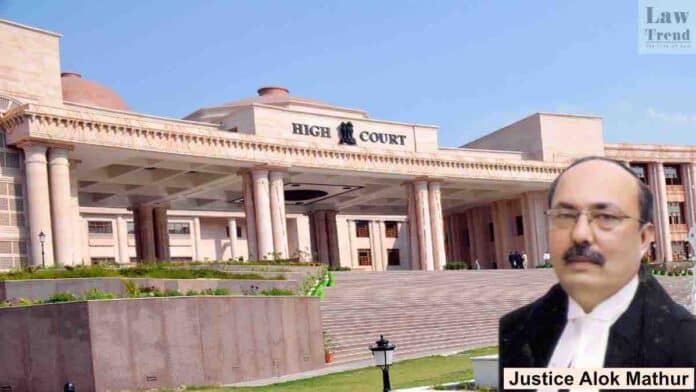The Allahabad High Court, Lucknow Bench, dismissed a writ petition filed by Hanuman Singh, a former employee of the Horticulture Department, Uttar Pradesh, citing an “unexplained delay and laches of 11 years” as a key reason for rejection. Justice Alok Mathur presided over the case, WRIT – A No. 10219 of 2024, heard on November
To Read More Please Subscribe to VIP Membership for Unlimited Access to All the Articles, Download Available Copies of Judgments/Order, Acess to Central/State Bare Acts, Advertisement Free Content, Access to More than 4000 Legal Drafts( Readymade Editable Formats of Suits, Petitions, Writs, Legal Notices, Divorce Petitions, 138 Notices, Bail Applications etc.) in Hindi and English.




